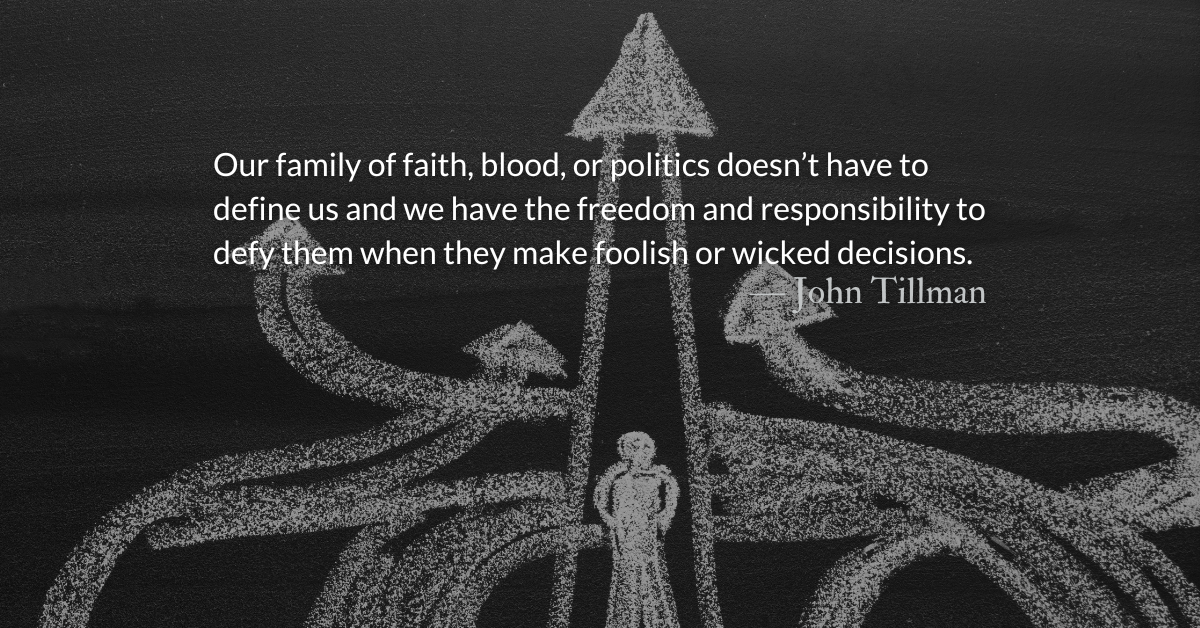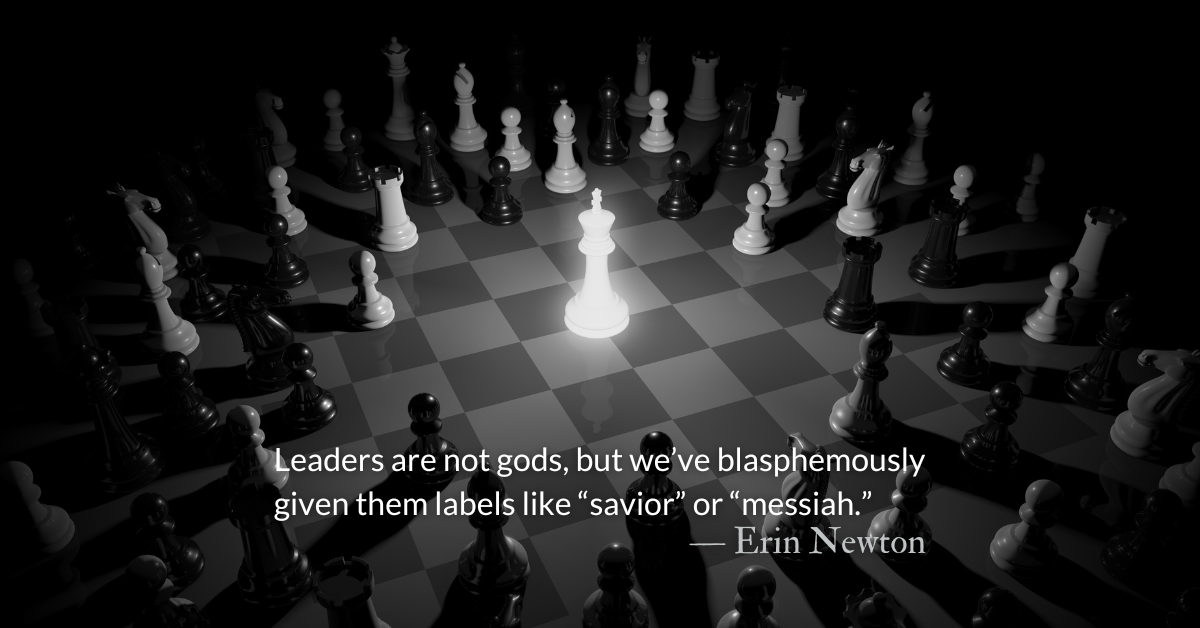Links for today’s readings:
Read: 1 Samuel 17 Listen: (8:59) Read: 1 John 5 Listen: (3:00)
Scripture Focus: 1 Samuel 17.32-37
32 David said to Saul, “Let no one lose heart on account of this Philistine; your servant will go and fight him.” 33 Saul replied, “You are not able to go out against this Philistine and fight him; you are only a young man, and he has been a warrior from his youth.” 34 But David said to Saul, “Your servant has been keeping his father’s sheep. When a lion or a bear came and carried off a sheep from the flock, 35 I went after it, struck it and rescued the sheep from its mouth. When it turned on me, I seized it by its hair, struck it and killed it. 36 Your servant has killed both the lion and the bear; this uncircumcised Philistine will be like one of them, because he has defied the armies of the living God. 37 The Lord who rescued me from the paw of the lion and the paw of the bear will rescue me from the hand of this Philistine.” Saul said to David, “Go, and the Lord be with you.”
“What trouble are giants?
What’s wrong with being small?
The bigger they come
You know the harder they fall” — Rich Mullins, “What Trouble Are Giants”
Reflection: The Lord Who Rescues
By John Tillman
David and Goliath is a big story. No pun intended.
“Deconstructing” David and Goliath is popular. Some claim it is mythical, but many who accept its historicity cut the legs from underneath this giant story another way. Pun intended.
They overcomplicate it by villainizing David’s motives, or minimizing Goliath’s threat, claiming Goliath was disabled with gigantism and blind. Or they oversimplify it claiming it has one and only one message, the gospel. “We are Israel. David is Jesus. Goliath is Sin/Death.”
David and Goliath, like all scripture, “is God-breathed and is useful for teaching, rebuking, correcting and training in righteousness, so that the servant of God may be thoroughly equipped for every good work. (2 Timothy 3.16-17) David and Goliath is as “useful” a story for adults as it it for kids and students. It doesn’t have “just one message,” but it does have a core meaning.
“This is a story out of History
About real people with a real problem
That seemed larger than life
About a God who is greater
Than all of our strife.
About a man who fought
In God’s power and might.
Who ran to the battle
And surrendered his life.”
The above opening synopsis of a rhyming, comedic depiction of 1 Samuel 17 is burned in my brain from thousands of performances (usually as Goliath) with a dramatic arts ministry based at Southwestern Baptist Theological Seminary during my time there.
This story is first about a God who rescues. That priority is important but not exclusive. Even “conceited” (according to his brother) David claims God will defeat Goliath, not himself. However, this story is also about a person who responds. If it was only about God, David’s brother or Saul or Jonathan, or a nameless Israelite soldier could have done it. We cannot divorce the God who rescues and the person who responds from each other without losing the meaning of each.
The story is also about a God who uses unexpected methods to gain victory in seemingly hopeless situations. David’s line, “it is not by sword or spear,” is not just theatrics. It’s real. There were only two swords among all of Israel’s soldiers and David wasn’t holding one of them. God takes the weapons of the enemy, (Goliath’s sword, the Romans’ cross, and even Death) and uses them as the tools of victory.
God alone rescues. Be a person who responds.
Divine Hours Prayer: The Call to Prayer
Love the Lord, all you who worship him; the Lord protects the faithful, but repays to the full those who act haughtily.
Be strong and let your heart take courage, all you who wait for the Lord. — Psalm 31.23-24
– Divine Hours prayers from The Divine Hours: Prayers for Summer
by Phyllis Tickle
Read more: David’s First and Last Giants
Whether through a well-thrown stone or a well-placed ally, it is God who saves us from giants.
Read more: Minority Report Vindicated
Fear makes us forgetful. Hearing the story of the Anakites, the people forgot everything God had done for them.






